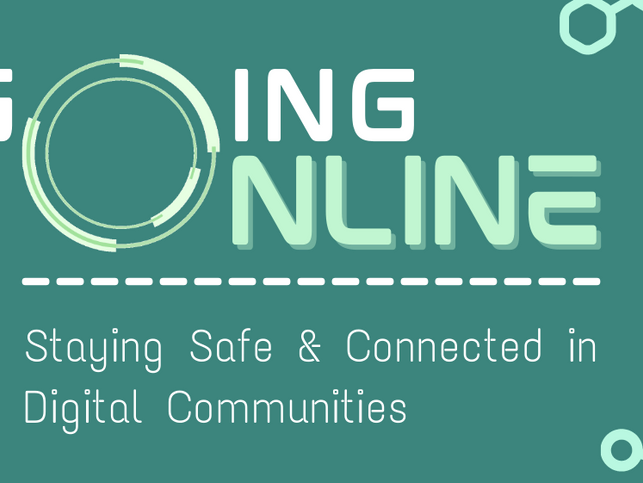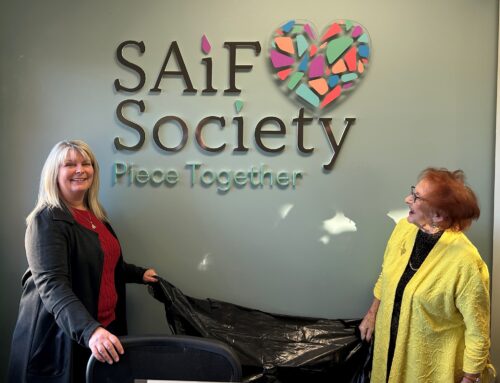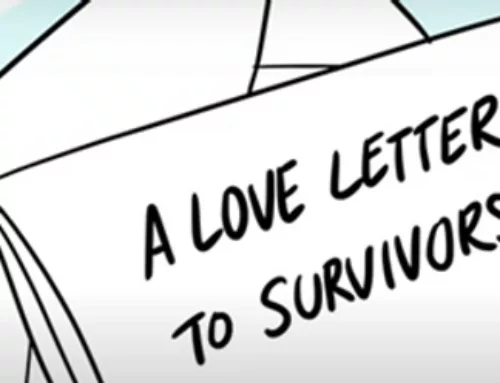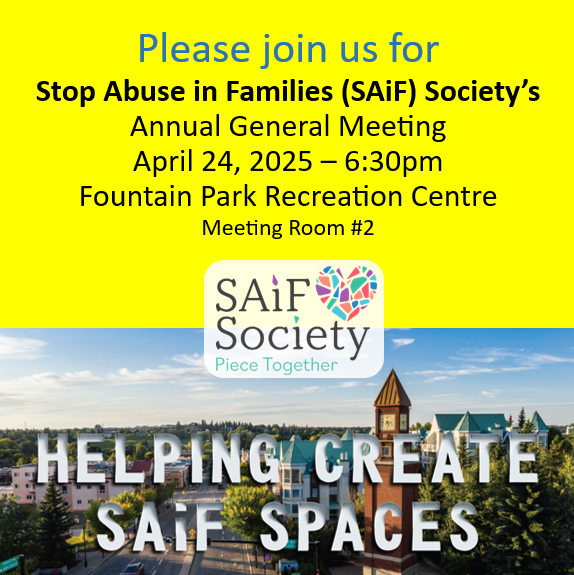The internet can be a powerful escape, but it can also be a dangerous one. It’s OK to connect with others online, especially when you’re stuck at home, but there are ways we can all be smart & safe about it. Week 2 of our Summer Social Media Series talks about how to stay safe while seeking connection in digital spaces.
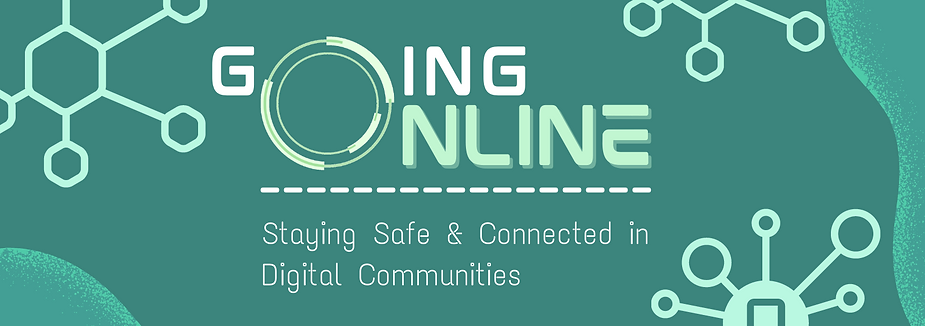
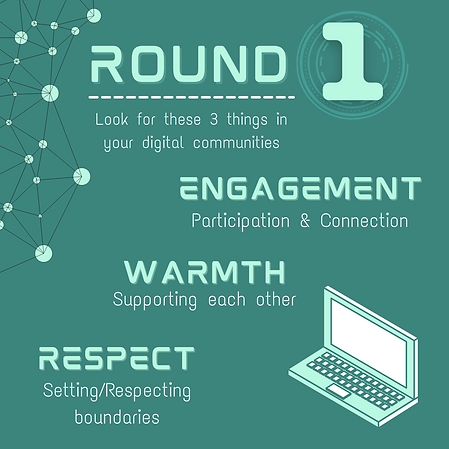
Digital communities are not all created equal, studies show that some social media use actually increases loneliness, something we definitely don’t need more of during lockdowns. Here are some important things to look for in a supportive digital community as well as some things to avoid:
Engagement: Look for digital communities where you can and want to participate in the conversation rather than just scroll.
Warmth: Communities should support each other. Getting into debates with people from time to time is OK but monitor how frequently it happens. On top of this, remember to walk away if it gets out of hand or if name-calling is added to the argument. These groups are supposed to comfort you. If you are getting upset or irritated more often than not, it’s time to move on.
Respect: Set boundaries for yourself and respect the boundaries of other members. Make sure that connection moves at a pace that you’re comfortable with. If you feel uncomfortable, speak up! Those who are there to support you will stop & apologize for what they did. If they keep pushing, log of and find a community that respects your boundaries.
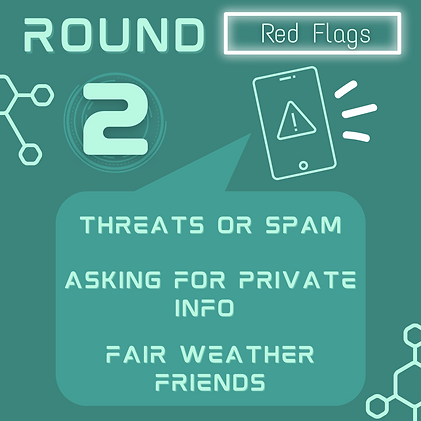
Many people are aware of emotional & physical abuse etc, but what about digital abuse? Like other forms of abuse, there are things to look out for to prevent or protect yourself from bad situations. Here are some red flags for digital communities that may lead to/are signs of digital abuse.
Feeling unsafe due to harm or harassment is a huge red flag. For example, you could feel unsafe when someone spams you for not responding fast enough or giving in to what they want.
You may also feel uncomfortable when someone asks for too much, say your login, password, or other personal information. You shouldn’t need to share personal info or compromising photos just to participate in a digital community. Total red flag! We can never fully know who we are talking to behind a screen, would you give a total stranger the information they are asking you for?
On that note, it is also easy for people to be fake on social media. Watch out for “Fair Weather Friends” who are your friends
one minute and then say hurtful things about you the next. This kind of friend will only support you in easy times or ask your support when they need it, but will not return the favor when the going gets rough. Healthy relationships are reciprocal on and offline.
Do not ignore these red flags! The internet is a massive place, you don’t have to lower your standards or ignore your values to find a place to fit in. Your people are 100% out there.
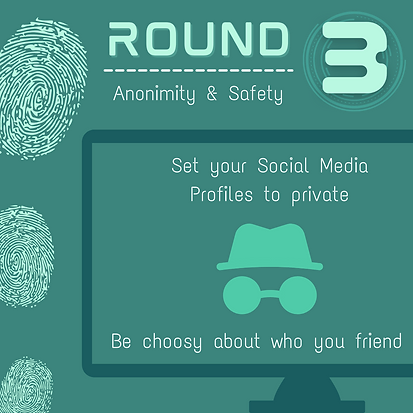
How many people do you know compared to how many people follow you? Anonymity and safety go hand in hand online! We suggest setting your profiles to private and being choosy about who you accept. Sure, it can be nice in the moment to have more followers, but WHO is following you? What do they want with your info? You are cultivating an online community to connect and engage with. You want people who ‘get’ you and who you like.
We also suggest keeping personal information off your profiles such as a phone number or address. Own your friend list: if someone makes you uncomfortable, block them! It’s not rude. It’s about keeping yourself safe and caring about your well-being. Strangers’ feelings are not more important than your safety.
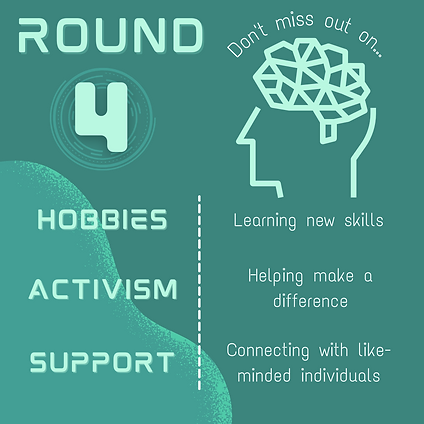
Don’t let the scary stuff turn you away! The internet has some really valuable tools that often go overlooked when you’re stuck in a doom scrolling spiral. Here are 3 wonderful uses of digital communities that you may be letting pass you by.
Hobbies: Learning new skills online is a valuable way to spend time at home. Passionate professionals are out there looking to share their knowledge. And often include “How To” videos! I mean come on, where else can you learn to cook a 3-course meal or sew your own dress for free?
Activism: Want to make the world a better place? Social media is great for activism and meeting like-minded folks who also want to make a difference and work on causes together.
Support: Everyone has felt isolated or alone at some point during the pandemic. There are plenty of mental health groups out there for people wanting to find compassion & connection. Social anxiety is definitely a thing and getting to know people online can be a way to bypass some of the anxiety that many of us feel meeting people in person. It’s been a long & trying time since the pandemic started, we could all benefit from some extra love and support.
Remember that connection is a human need and you deserve good relationships, on and offline. The best connections don’t always come easy—be understanding, open-minded, and patient. And always be mindful of the red flags, avoiding them can help keep you safe.
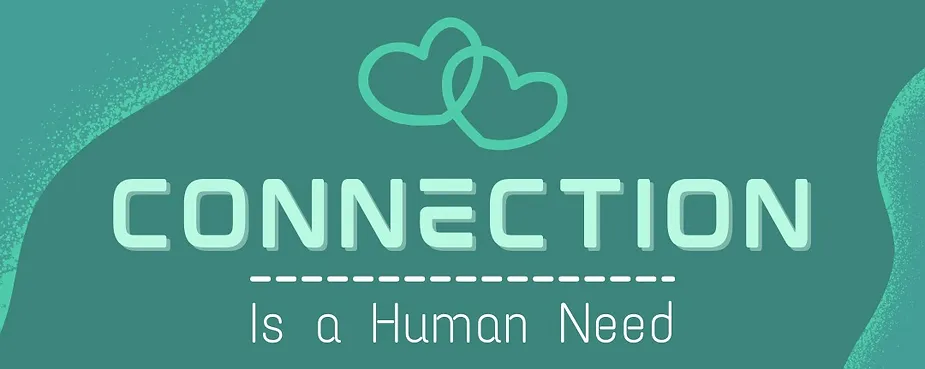
Thank you for joining us again this week!
If you missed last week, go ahead and check out our summary blog for Week 1: Staying Safe & Keeping Positive While Stuck @ Home. Follow us on social media and stay tuned for next week when we’re going to learn about managing conflict.
